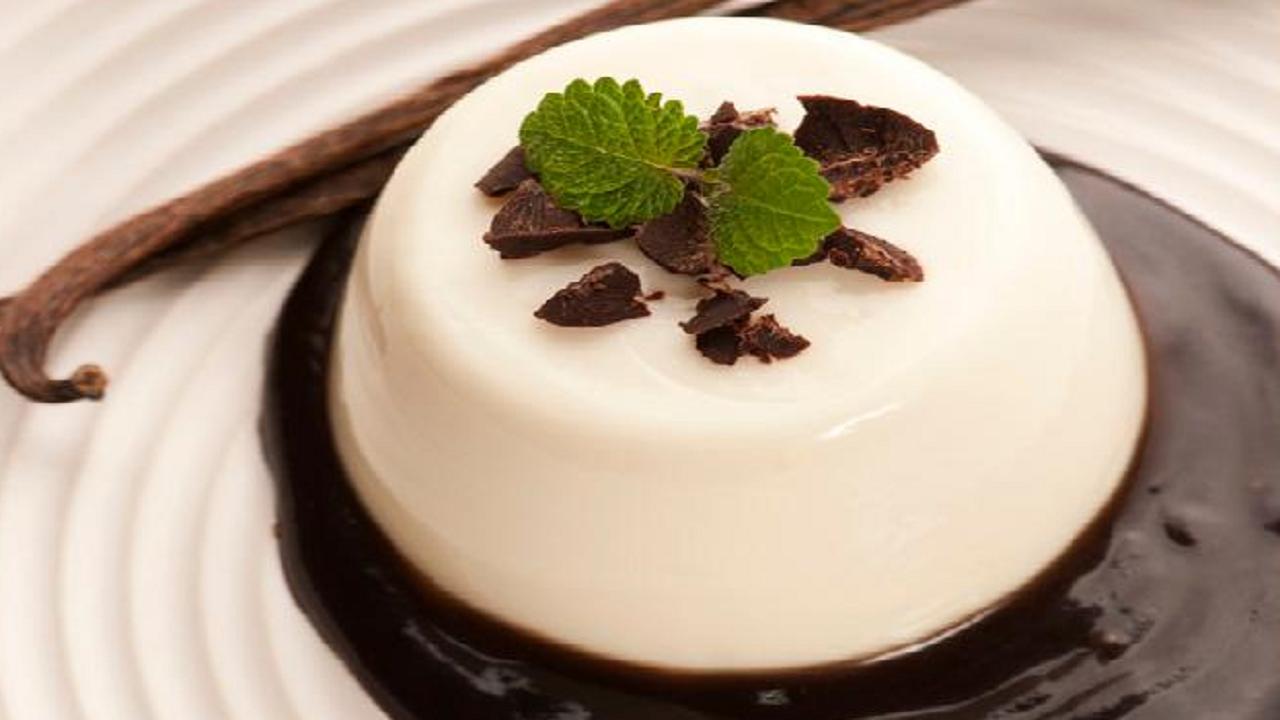mid-day online brings to you two season special Goan dessert recipes by chef Gita Hari, a culinary expert and renowned wellness food curator for premium hotels across India.

Representational Image | Pic: Stock
The year is coming to an end and while there is still somberness in the air, the Christmas spirit is unmissable. It’s the time of the year when Mumbaikars look forward to indulging in the season’s specialties like guava cheese or perad and shingoli or karanji, besides of course rum-soaked rich plum cake, kulkuls, marzipan, milk cheese and more. These goodies are distributed among family and friends.
ADVERTISEMENT
So, mid-day online brings to you two season special Goan dessert recipes by chef Gita Hari, a culinary expert and renowned wellness food curator for premium hotels across India.
Guava Cheese/Perad
A Yuletide staple in East Indian homes, perad or guava cheese is a Goan dessert – a kind of fudge, also known as Goiabada in Portuguese. It owes its origin to Portuguese-speaking colonies of Brazil where guavas were used to make marmalades. Fresh guavas abound the market during Christmas season making it inexpensive and easy on the pocket. This low-calorie fruit is packed with Vitamin C and is also known to control blood pressure related disorders. Perad lends a chewy texture on the palate. I have included almond slivers and chopped pistachios as garnish for added taste and visual appeal.
Ingredients:
- ½ kg ripe guavas
- Sugar equivalent to guava pulp
- Lemon juice ½ tsp
- Clarified butter/ghee 2tbsp
- Food colour as desired
- Chopped pistas, almond slivers for garnish
METHOD:
- Wash and cut the sides of the guavas
- Grease a plate and set it aside
- Steam whole guavas in a pressure cooker for 15 mins
- Cut them, remove the seeds and boil
- Pass it through a sieve to remove residual seeds
- Grind the sieved guavas in a mixer
- Measure them in a cup and take equal quantity of white sugar.
- In a heavy-bottomed pan, mix in guava paste and sugar.
- Let it be on low flame while you keep stirring it.
- After 10 mins pour in lemon juice and stir continuously.
- After 30 mins introduce ghee and food colour.
- To find out if it’s done, drop ½ tsp of guava mix in a glass of chilled water. If it rolls into a ball, then the flame can be switched off.
- Transfer the guava mixture on to the greased plate. Smoothen out the surface.
- Garnish with almond slivers and chopped pistas.
- Let it settle for 8 to 10 hours.
- Cut into desired shape.
Shingoli/Nevris
Goan nevris is a must-have Christmas dessert in East Indian households. Most of the family members congregate in the preparation of these crescent-shaped flaky pastries with a delicious dry fruits and coconut stuffing. It is the Goan counterpart of karanji and gujiya. Depending on the fillings, nuts and dry fruits are loaded with fibre, antioxidants, minerals, vitamins and Omega 3 fatty acids.
Ingredients:
For the dough:
- Maida/refined flour ½ kg
- Oil 4tbsp
- Salt 1tsp
- Warm water 1 cup
For the filling:
- Grated coconut (fresh or desiccated) 1 cup
- Sugar ¾ cup
- Khus khus 2tbsp
- Chopped cashewnuts ¼ cups
- Chopped almonds ¼ cup
- Raisins 2tbsp
- Cardamom powder ½ tsp
- Ghee 1tsp
- Oil to deep fry
Method:
- Combine maida and salt. Drizzle hot ghee and warm water.
- Knead them into pliable dough, cover with a damp cloth and allow it to rest for 20 minutes.
- To make the stuffing, heat ghee in a pan and saute coconut till it changes colour. Set it aside.
- Lightly saute khus khus, almonds, cashew nuts and combine these with coconut.
- Add sugar, raisins and cardamom in the above mixture and mix all of them well.
- Now take small lemon-sized balls of the dough. Roll into small rotis.
- Place a spoonful of the coconut-dryfruits mixture in the centre.
- Moisten with water on the edges and fold over to make moon-shaped pieces.
- Pierce the edges with a fork.
- Repeat till the dough is exhausted.
- Heat oil in a kadai. Once hot, lower the flame to medium heat.
- Introduce the karanjis one by one gently in the oil, not more than 5 at a time.
- Fry on both sides till golden brown.
- Remove on a tissue napkin to drain off excess oil.
- Store in airtight containers.
 Subscribe today by clicking the link and stay updated with the latest news!" Click here!
Subscribe today by clicking the link and stay updated with the latest news!" Click here!






